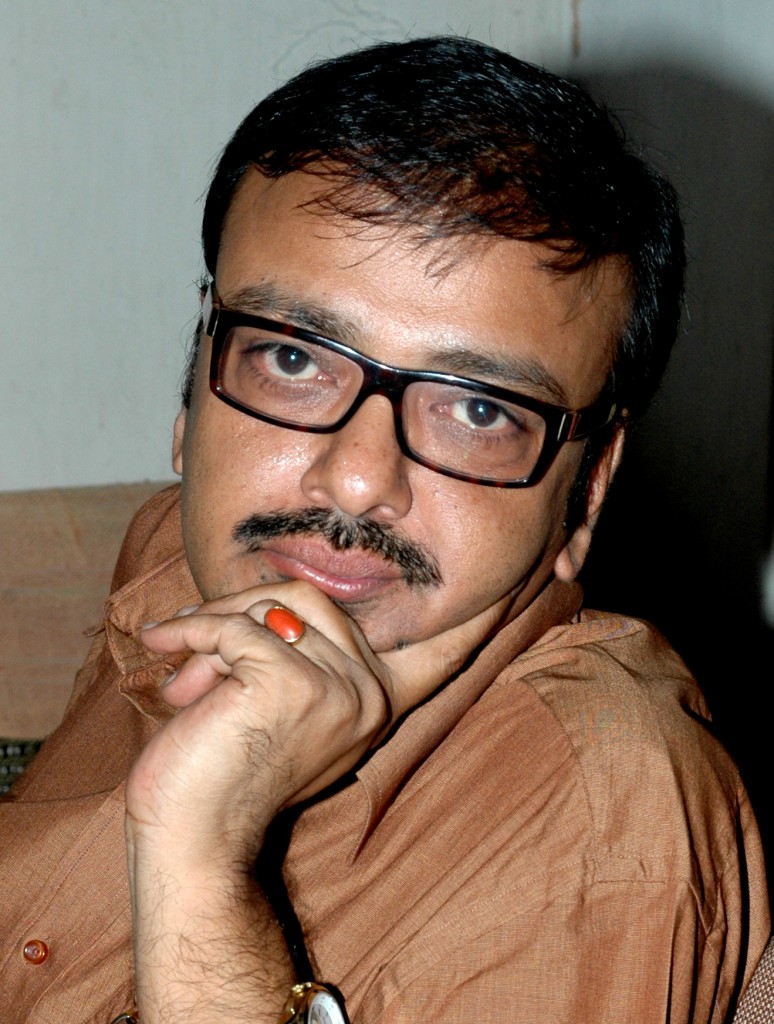 Gastroenterology – Diseases affecting the gastrointestinal tract, which include the organs from mouth to anus, along the alimentary canal, are the focus of this specialty. In plain speak, it is the branch of medicine focused on the digestive system and its disorders.
Gastroenterology – Diseases affecting the gastrointestinal tract, which include the organs from mouth to anus, along the alimentary canal, are the focus of this specialty. In plain speak, it is the branch of medicine focused on the digestive system and its disorders.
The level of care that is provided to patients in high end private hospitals and nursing homes in India is at par with the best in the world. However, as is true with almost all other branches of medicine and related treatment, the same cannot be said, in general, about the middle and the lower ends of the spectrum.
The wide scale acceptance of advanced robotics and other cutting edge technologies too are a tad bit on the lower side as cost barriers – especially concerns about the return on investment – continue to be a hindrance. Standardization of procedures too, has been a nagging pain so far as gastroenterology is concerned and it continues to be inordinately dependent on the surgeon or gastroenterologist dispensing with the treatment.
However, that should not deter us from stating upfront that there has been a colossal advancement in both the understanding and the expertise that is now available to treat ailments afflicting the human body and that some of the best practitioners of the art are available to provide succor. The research that is being done in the domain – both by the actual practitioners and basic medical scientists – too is enviable by any standards
On the other side of the coin, there are major areas of concern – increase in the incidence and prevalence of GI diseases, ageing of the population, deteriorating lifestyle that has a tremendous impact on the pathologies developing within the GI tract and to cap it all, our food habits of which, the less said is better. Again, to put things in the proper perspective, one has to say that gastroenterological diseases are breaking out in such explosive numbers that they cannot be merely written away as a fallout of the advancement of the science, which in its wake, is bringing cases to the light which would otherwise have been ignored, simply due to the lack of knowledge and understanding.
The same underlying reasons are also sufficient to get the alarm bells ringing as most experts working in the field opine that we are now on the threshold of a major calamity that is waiting to happen. However, the sad fact is that there is precious little in terms of historical and current data about the field which is available from which conclusive evidence can be drawn, which in turn could have shown us the way forward in terms of responding to the threat. It is a paradox, a sad one at that, that while we have some of the best practitioners of the trade in the country, hard knowledge about the disease, its occurrence, emerging trends or mutations are conspicuous in their absence. What is worse, and some say it is criminal, that precious little is being done to rectify and refurbish the abysmal knowledge base that is there in the country.
As on leading gastroenterologist put it, “I don’t want to sound alarmist, nor do I want to come across as someone trying to view things from a politically incorrect position but the fact remains that, as I see it, there will be a huge demand for trained and qualified gastroenterologists in the country in the years to come. How the country will rise to the challenge of providing the facilities for treating those in need is not within my domain of knowledge – all I can do is request more and more young doctors to seek specialization in the field as we will have our hands full.”
(the piece was written for the Express Health Guide)
